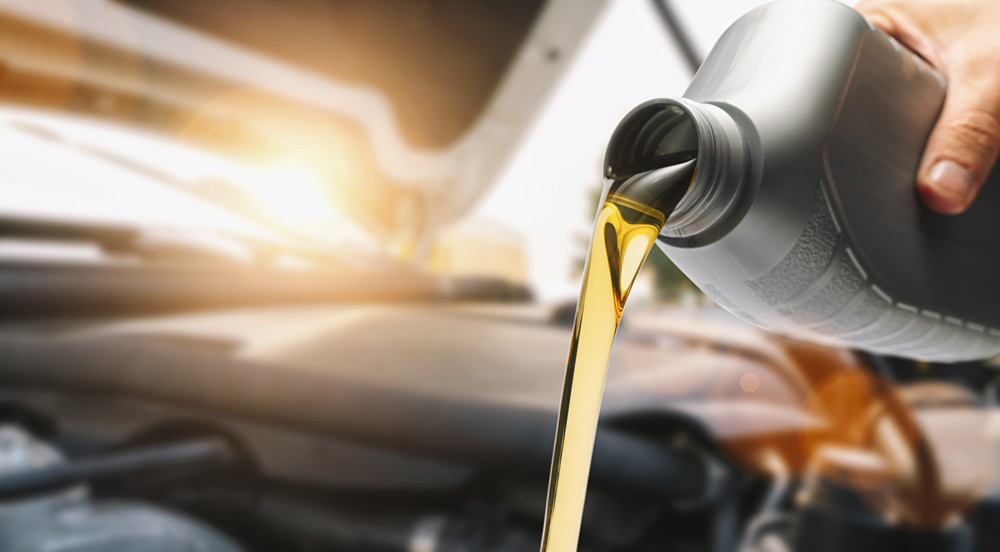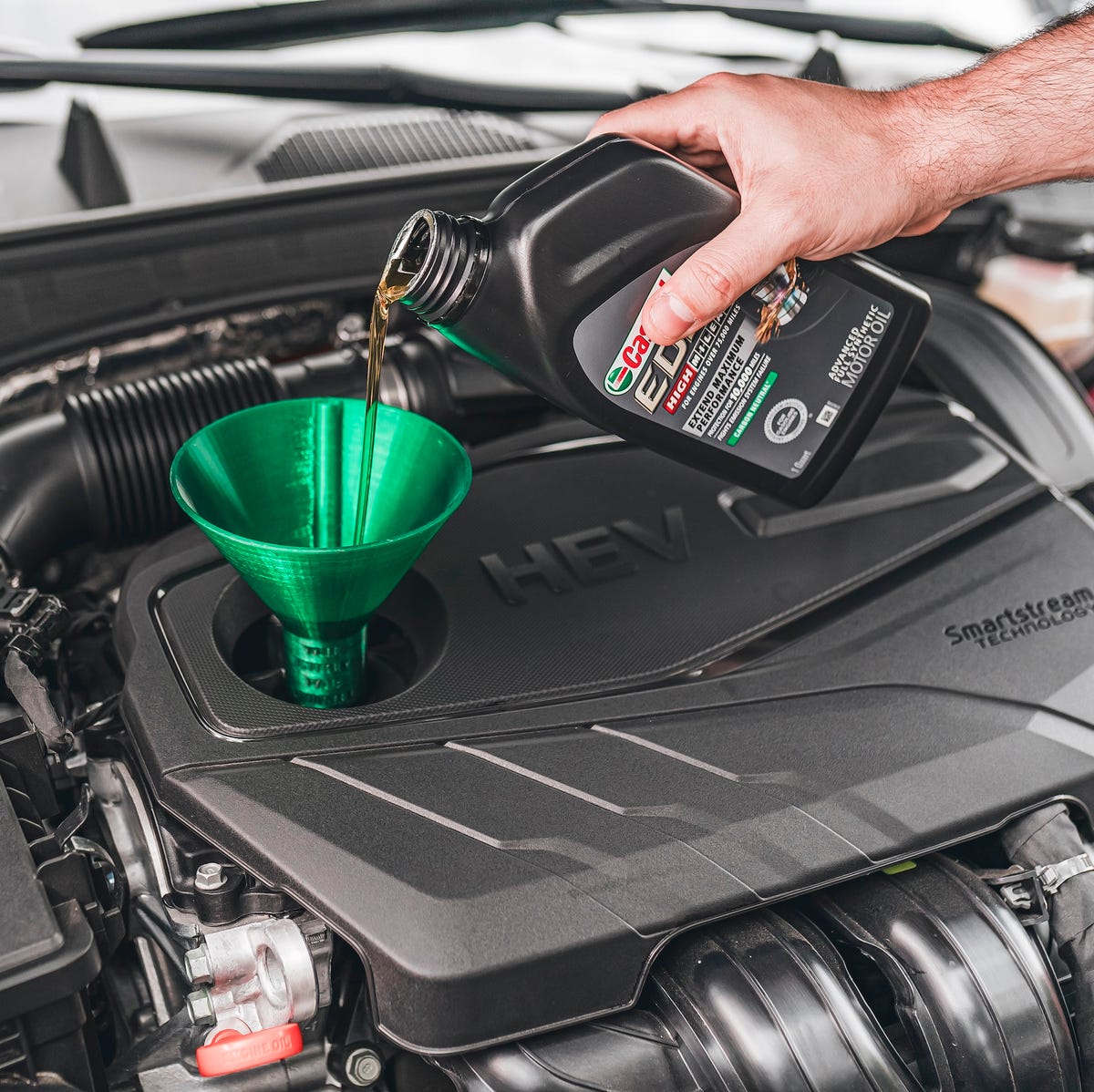Optimize Your Automobile'S Performance With Routine Oil Changes
Preserving your vehicle's efficiency is a multifaceted undertaking, with routine oil modifications standing out as an essential element. Fresh engine oil plays a pivotal duty in ensuring ideal lubrication, minimizing rubbing, and protecting against wear on essential components. Many drivers overlook the signs that show a need for an oil change, possibly endangering their lorry's long life.
Relevance of Normal Oil Modifications
While several car owners may overlook the value of normal oil changes, neglecting this essential maintenance job can cause serious consequences for engine efficiency and long life. Engine oil plays a vital function in lubricating relocating components, minimizing rubbing, and stopping overheating. Over time, oil wears away as a result of exposure to warmth and impurities, which reduces its efficiency.
Stopping working to change the oil routinely can cause the build-up of sludge and debris, which can block crucial engine components and bring about boosted wear. This not just compromises engine effectiveness yet can also lead to expensive repairs and even overall engine failing. Additionally, old oil sheds its capability to neutralize acids created during burning, which can lead to deterioration and further damages.
Additionally, many automobile suppliers recommend certain oil change intervals, usually based on mileage or time. In summary, normal oil modifications are not merely a suggestion; they are an essential element of liable vehicle maintenance that secures the engine and enhances general efficiency.
Advantages of Fresh Oil
Changing to fresh oil provides many advantages that directly enhance engine performance and efficiency. One of the key advantages of fresh oil is its premium lubricating buildings. New oil decreases friction in between engine elements, which not only decreases wear however likewise contributes to smoother operation. This leads to enhanced fuel efficiency, as the engine does not have to work as tough to overcome resistance.
In addition, fresh oil successfully cleanses the engine by putting on hold contaminants and preventing sludge build-up. With time, oil comes to be polluted with dirt, metal particles, and combustion results. Consistently changing oil makes sure that these damaging substances are gotten rid of, advertising a cleaner and healthier engine environment.
In addition, fresh oil help in optimal temperature level guideline. It dissipates warm better, preventing getting too hot and prospective damage to engine parts. This is specifically crucial during peak efficiency circumstances, where heat build-up can hinder engine capability.
Signs Your Oil Requirements Altering
Engine oil is the lifeline of your lorry, and identifying when it needs transforming is important for keeping ideal efficiency - Oil Change Lockhart. Several indicators indicate that it's time for an oil modification, and remaining vigilant can protect against engine damage and pricey repairs
First, inspect the color and consistency of the oil. Fresh oil is typically amber and smooth, while old oil might appear dark and abrasive, indicating contamination and minimized performance. A change in thickness can additionally represent that the oil has actually damaged down and is no more effectively lubing engine elements.

Another caution indication is the oil change light on your dashboard. This sharp functions as a tip that the oil has reached its life expectancy or that there is an underlying concern requiring attention. Additionally, uncommon engine sounds, such as knocking or ticking, may recommend not enough lubrication due to abject oil.
Last but not least, if you observe link oil places or puddles under your vehicle, it may indicate a leak that requires instant assessment and feasible oil adjustment. Listening to these signs will ensure your engine operates smoothly and efficiently.
Choosing the Right Oil
Choosing the suitable oil for your lorry is crucial for making sure ideal performance and long life. This support will direct you towards the right viscosity grade, such as 5W-30 or 10W-40, which shows the oil's thickness at different temperature levels.
Following, consider the kind of oil: traditional, synthetic, or a mix. Traditional oil is originated from petroleum and appropriates for older cars, while artificial oil uses superior defense and performance for modern-day engines, particularly under extreme problems. Synthetic blends incorporate the benefits of both and are usually a cost-efficient choice.
In addition, try to More Help find oils that meet sector standards, such as API (American Oil Institute) or ACEA (Association des Constructeurs Européens d'Automobiles) qualifications. These indicators make certain that the oil has been examined for high quality and efficiency. Eventually, choosing the right oil not just improves engine performance yet also adds to the overall health and wellness of your vehicle, leading the way for smoother driving experiences.
Oil Modification Regularity Recommendations

Aspects influencing oil adjustment frequency consist of driving problems, such as stop-and-go traffic, severe temperatures, and towing hefty loads. Under serious conditions, it may be prudent to transform the oil much more visit this site right here regularly to avoid engine wear. Additionally, some modern-day cars come outfitted with oil life tracking systems that give individualized recommendations based on driving behaviors, which can additionally optimize the oil modification schedule.
It's vital to consult your owner's handbook for specific suggestions customized to your vehicle. Sticking to these standards not only protects engine wellness but likewise improves gas efficiency and minimizes exhausts. To conclude, routine oil modifications, timed suitably based on various elements, are a fundamental element of automobile upkeep that can significantly affect performance and durability.
Final Thought
